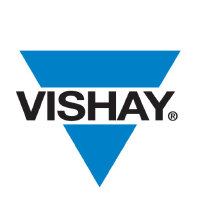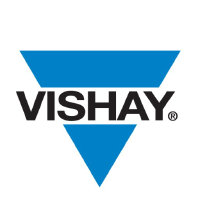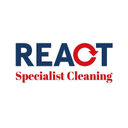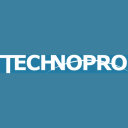
Vishay Intertechnology Inc
NYSE:VSH

Discount Rate
VSH Cost of Equity
Discount Rate

 VSH's Cost of Equity, calculated using the formula
Risk-Free Rate + Beta x ERP,
stands at 8.74%.
The Beta, indicating the stock's volatility relative to the market, is 1.03, while the current Risk-Free Rate, based on government bond yields, is 4.49%, and the ERP, measuring the extra return over the risk-free rate required by investors, is 4.12%.
VSH's Cost of Equity, calculated using the formula
Risk-Free Rate + Beta x ERP,
stands at 8.74%.
The Beta, indicating the stock's volatility relative to the market, is 1.03, while the current Risk-Free Rate, based on government bond yields, is 4.49%, and the ERP, measuring the extra return over the risk-free rate required by investors, is 4.12%.
VSH WACC
Discount Rate

 VSH's Weighted Average Cost of Capital (WACC) is calculated as the weighted average of its cost of equity and cost of debt, adjusted for tax.
The WACC stands at 7.46%. This includes the cost of equity at 8.74%, calculated as Risk-Free Rate + Beta x ERP, and the cost of debt at 5.31%, reflecting the interest rate on
VSH's Weighted Average Cost of Capital (WACC) is calculated as the weighted average of its cost of equity and cost of debt, adjusted for tax.
The WACC stands at 7.46%. This includes the cost of equity at 8.74%, calculated as Risk-Free Rate + Beta x ERP, and the cost of debt at 5.31%, reflecting the interest rate on
 VSH's debt adjusted for tax benefits. The weight of debt in the capital structure is 37.39%.
VSH's debt adjusted for tax benefits. The weight of debt in the capital structure is 37.39%.
What is VSH's discount rate?
 VSH
's current Cost of Equity is 8.74%, while its WACC stands at 7.46%.
The selection of the appropriate discount rate is contingent on the type of cash flows being discounted.
VSH
's current Cost of Equity is 8.74%, while its WACC stands at 7.46%.
The selection of the appropriate discount rate is contingent on the type of cash flows being discounted.
For Equity Valuation: When valuing equity, especially in scenarios where you are discounting cash flows to equity holders (such as Net Income, Earnings Per Share (EPS), or Free Cash Flow to Equity), the Cost of Equity should be used.
For Firm Valuation: In contrast, when valuing the entire firm and discounting cash flows available to both debt and equity holders (like Free Cash Flow to the Firm), the Weighted Average Cost of Capital (WACC) is the appropriate rate."
How is Cost of Equity for VSH calculated?
The Cost of Equity represents the return a company must offer investors to compensate for the risk of investing in its stock. It's calculated using the Capital Asset Pricing Model (CAPM), which combines the risk-free rate, the stock's beta, and the equity risk premium (ERP).
This model considers the inherent risk of investing in the stock compared to a risk-free investment and the market's overall risk.
Here is how we calculate the cost of equity for
 VSH
VSH
How is WACC for VSH calculated?
WACC, or Weighted Average Cost of Capital, is a calculation that reflects the average rate of return a company is expected to pay its security holders to finance its assets. It is a critical measure in financial analysis for valuing a company’s entire operations.
The WACC formula combines the costs of equity and debt, weighted by their respective proportions in the company's capital structure.
Here is how we calculate WACC for
 VSH
VSH





















































 You don't have any saved screeners yet
You don't have any saved screeners yet
